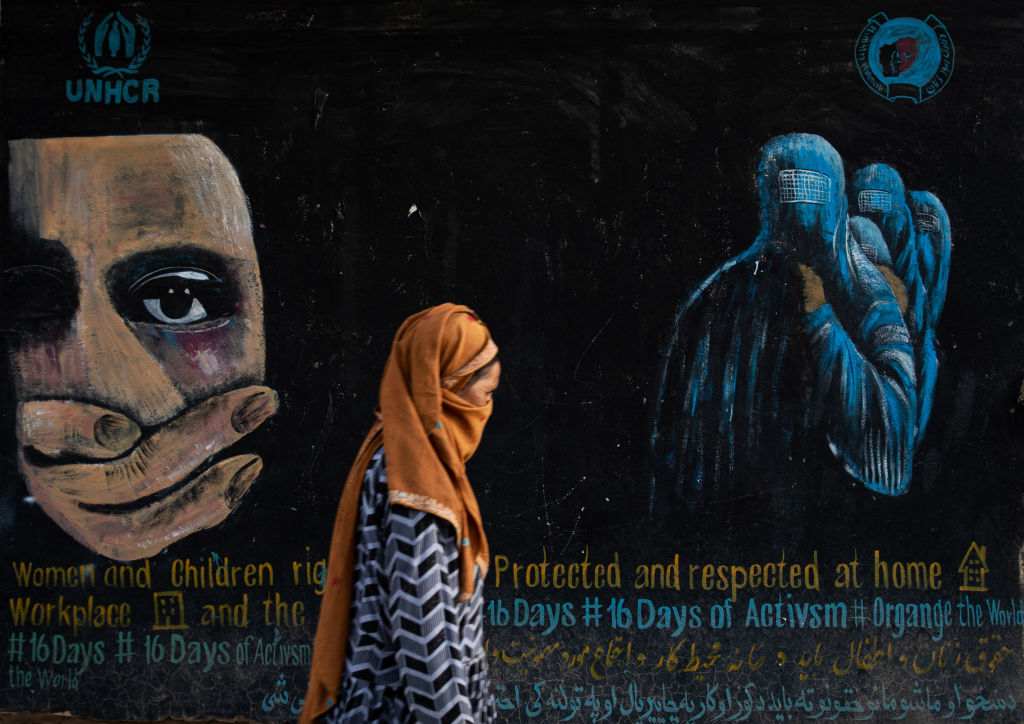
Switzerland pledge money to help victims of Ethiopia violence

Switzerland has allocated CHF2 million ($2.21 million) for humanitarian aid in the violence-hit Tigray region in northern Ethiopia. It has called on all parties to respect international humanitarian law.
Since November 4, 2020, clashes in northern Ethiopia have exacerbated the already precarious situation in the region, the Swiss Federal Department of Foreign Affairs (FDFA) said on Friday evening.External link
The crisis has also affected neighbouring Sudan where more than 40,000 refugees have arrived.

The CHF2 million will go to support the International Committee of the Red Cross (ICRC) and the Ethiopian Humanitarian Fund, as well as United Nations’ food and refugee operations in Sudan. The funding will come through the Swiss authorities’ Humanitarian Aid Unit.
“Switzerland reiterates its appeal to all parties to the conflict to respect international humanitarian law. The protection of the civilian population and the facilitation of rapid and unimpeded access for humanitarian aid for all parties to the conflict are of paramount importance,” the statement said.
“Finally, the FDFA calls for a transparent and impartial investigation of all alleged violations of international law in connection with the conflict.”
Tension
After months of tension between the Ethiopian government in Addis Ababa and the Tigray People’s Liberation Front (TPLF), the government recently launched an offensive against the armed group and the ruling party of Tigray.
Thousands of people are already believed to have been killed following air strikes and ground fighting. The UN estimates 1.1 million Ethiopians will need aid as a result of the conflict.
African peace envoys met with Ethiopian Prime Minister Abiy Ahmed on Friday, a day after he said that the military was beginning the “final phase” of an offensive in the region of Tigray.

In compliance with the JTI standards
More: SWI swissinfo.ch certified by the Journalism Trust Initiative















![The four-metre-long painting "Sonntag der Bergbauern" [Sunday of the Mountain Farmers, 1923-24/26] had to be removed by a crane from the German Chancellery in Berlin for the exhibition in Bern.](https://www.swissinfo.ch/content/wp-content/uploads/sites/13/2025/12/01_Pressebild_KirchnerxKirchner.jpg?ver=a45b19f3)













You can find an overview of ongoing debates with our journalists here . Please join us!
If you want to start a conversation about a topic raised in this article or want to report factual errors, email us at english@swissinfo.ch.